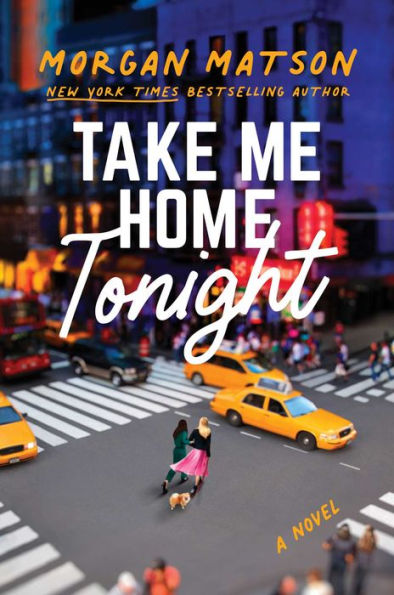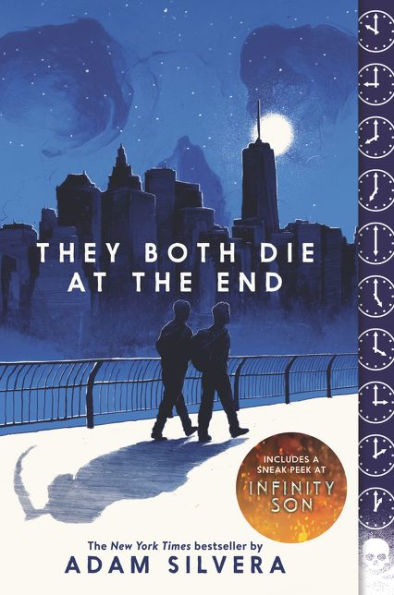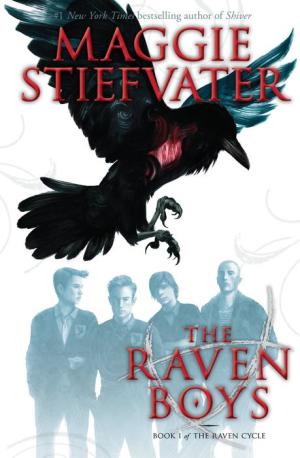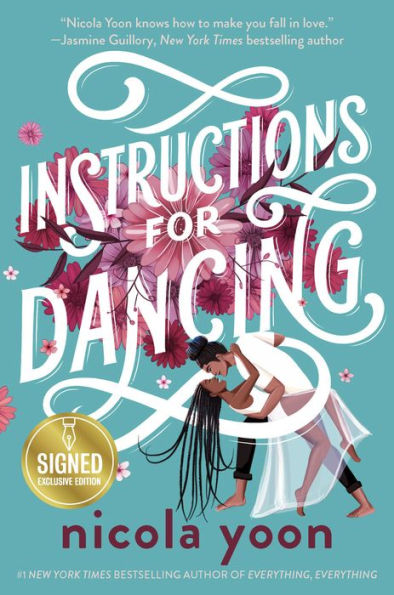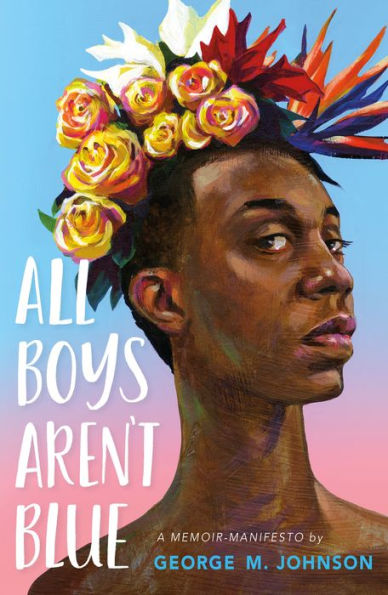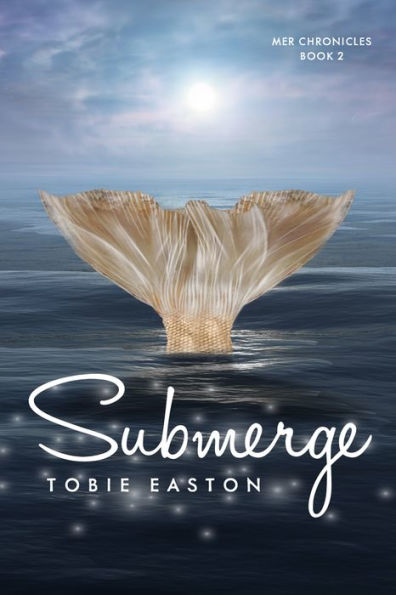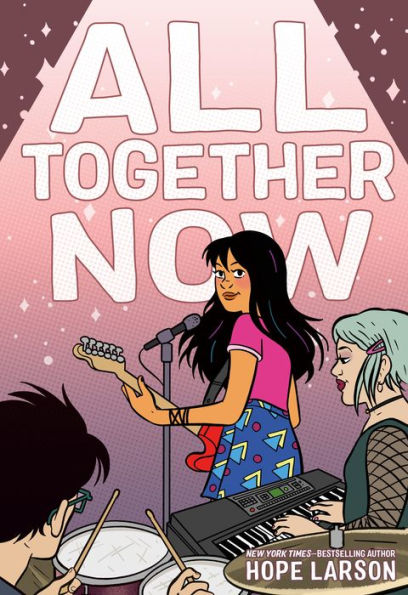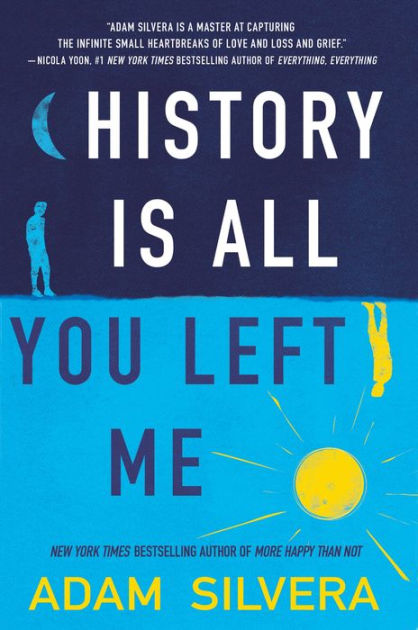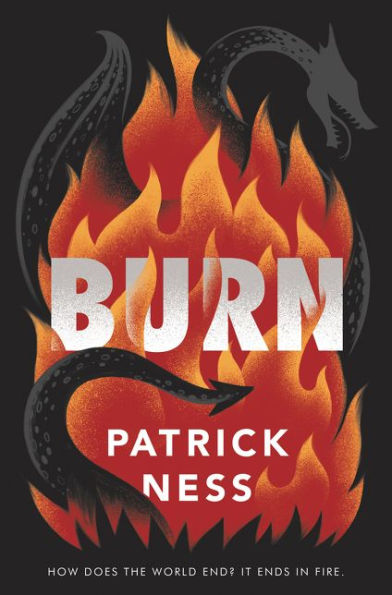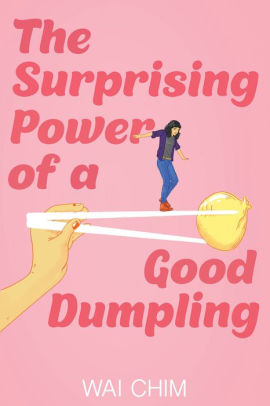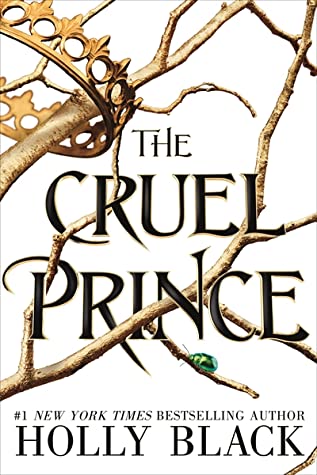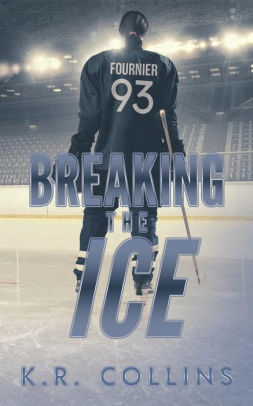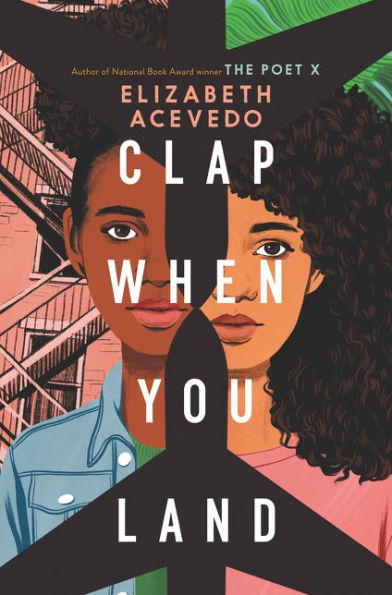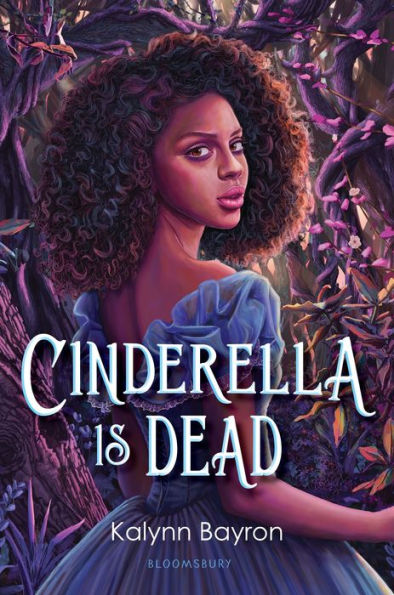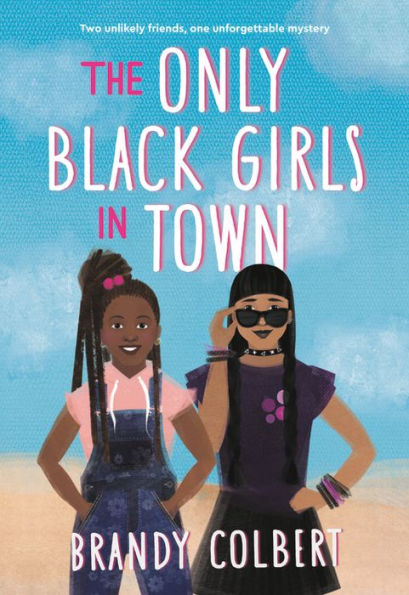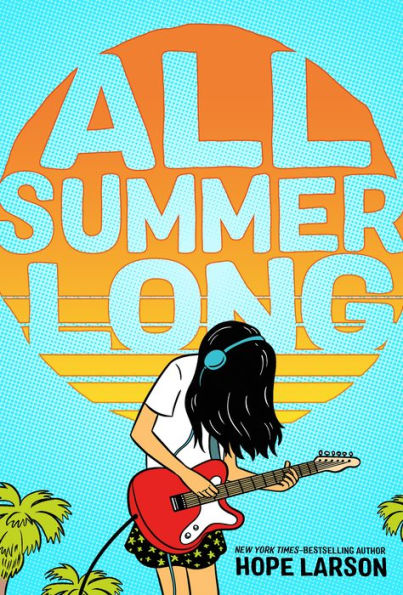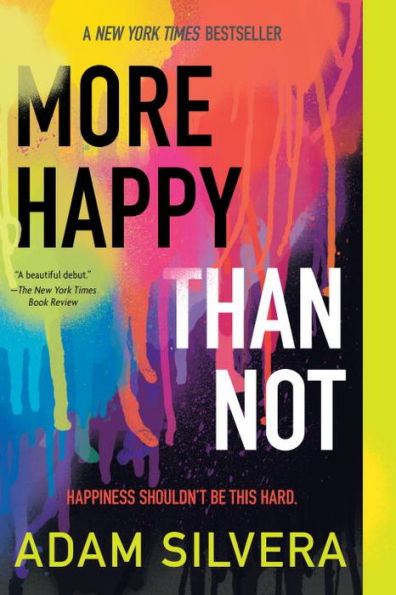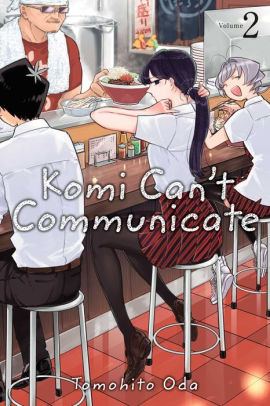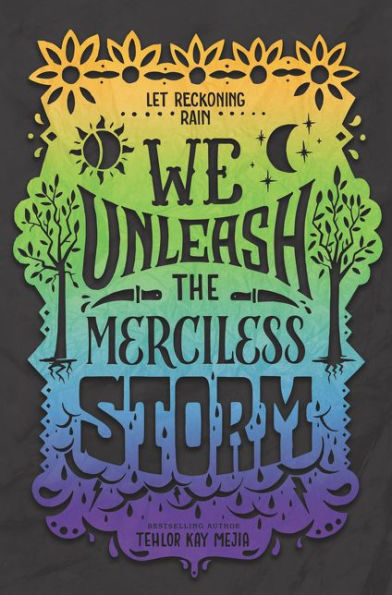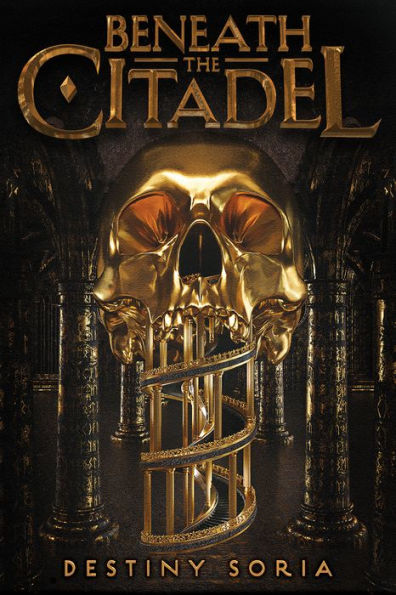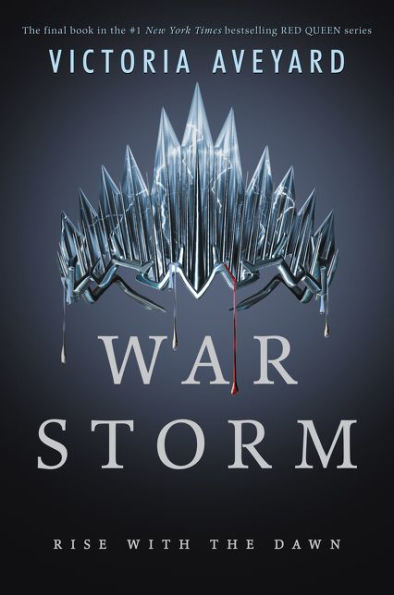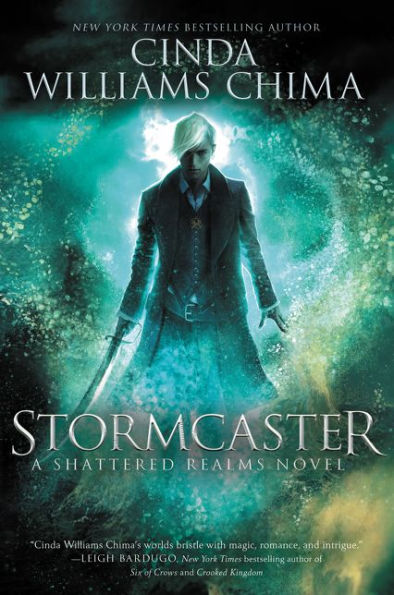Jude, her twin sister Taryn, and half-sister Vivi lived a normal life until their parents were murdered by Madoc, Vivi’s war general faerie father. Despite killing their parents, Madoc takes the three sisters to live with him at his estate in Faerieland. While Vivi is half-faerie, Jude and Taryn are outsiders to their new world and some of the only well-treated mortals in the land. However, being the high general’s “children” does not grant them respect. At school, Taryn and Jude find themselves the butt of many jokes and are tormented by Cardan (a faerie prince), Nicasia, Locke, and Valerian. Jude often feels powerless against the fae and is subject to their glamours and compulsions. Plus, her mortality makes her vulnerable to their cruel jokes.
However, Jude’s life begins to change when she becomes a spy for Prince Dain, Cardan’s brother and next in line to be the High King of Faerie. Given a geas by the prince, which prevents compulsion, Jude begins to stand up to Cardan and his friends. She also begins a romance with Locke, who is the only one of Cardan’s friends that had ever shown her compassion. Jude’s mortality allows her to slip into Hollow Hall (Prince Balekin’s residence; Dain’s main competition for the throne) unnoticed and gather crucial information for Dain’s cause.
At the coronation, Taryn reveals that she is to be married to Locke, shocking everyone, most notably Jude, who believed herself to be Locke’s girlfriend. While Dain is being crowned, chaos breaks out and Balekin, Dain’s brother, challenges Dain for the throne. Madoc, who is secretly working with Balekin, kills Dain, and shortly after, all of Dain’s siblings have been killed or committed suicide—except for Cardan, who is nowhere to be seen. While scrambling for shelter from the bloodshed, Jude stumbles upon Cardan, and decides to take him hostage and use him as a bargaining chip with Balekin and Madoc. While holding him hostage, Jude discovers Cardan’s reason for hating her, which is that he cannot stop thinking about her and shamefully desires her.
Jude becomes embroiled in palace intrigues and discovers her own capacity for bloodshed. But as civil war threatens to drown the Courts of Faerie in violence, Jude will need to risk her life in a dangerous alliance to save her sisters, and Faerie itself.
Told from Jude’s point of view, The Cruel Prince explores the triumph of an outsider. Although the characters feel believable, at times, it can be difficult to root for them, or even like them, because they are cruel. The novel pushes the point that cruelty only begets more cruelty, and that betrayal and ruthlessness are essential in the pursuit of power. The plot is rather complex, and the book is chock-full of events that all seem to be very important. Although some events seem superfluous at first, their relevance is revealed by the end of the novel. The dialogue, at times, can feel a little convoluted and antiquated, but this seems to fit with the holier-than-thou air of the fae. Altogether, The Cruel Prince is an engaging, fast-paced novel showcasing a strong female lead.
Sexual Content
- Vivi is revealed to have a girlfriend in the human world. “Vivi is in the photos, her arm draped over the shoulders of a grinning, pink-haired mortal girl. Maybe Taryn isn’t the only one who has decided to fall in love.”
- Vivi “kisses Heather,” her mortal girlfriend.
- After being forced to consume faerie fruit, which is like a drug to humans, Cardan and his friends convince Jude to take of her dress, until all she is wearing is “mortal underclothes—a mint-and-black polka-dotted bra and underpants.”
- Jude begins a romance with Locke, Cardan’s friend. At Locke’s house before a party, she thinks, “I want his mouth on mine, blotting out everything else.”
- Jude sees Cardan at a party with a girl. “A horned girl I don’t know is kissing his throat, and another, this one with daffodil hair, presses her mouth against the calf of his leg, just above the top of his boot.”
- While Jude is holding Cardan hostage, she realizes that Cardan desires her. Jude leans “toward him, close enough for a kiss. His eyes widen. The look on his face is some commingling of panic and desire.”
- After realizing she has power over Cardan, Jude kisses him. “But kissing Locke never felt the way that kissing Cardan does, like taking a dare to run over knives, like an adrenaline strike of lightning, like the moment when you’ve swum too far out in the sea and there is no going back, only cold black water closing over your head . . . Then his hands come up, gentle as they glide over my arms. If I didn’t know better, I’d say his touch was reverent, but I do know better… He doesn’t want this. He doesn’t want to want this…He kisses me hard, with a kind of devouring desperation, fingers digging into my hair. Our mouths slide together, teeth over lips over tongues. Desire hits me like a kick to the stomach. It’s like fighting, except what we’re fighting for is to crawl inside each other’s skin.”
Violence
- Madoc confronts Jude’s mother who faked her death. Madoc says, “The bones of an earthly woman and her unborn child in the burned remains of my estate were convincing.”
- Madoc kills Jude’s mother and father as an act of revenge. Madoc is particularly violent when he kills Jude’s father. “The man plunged the sword into Dad’s stomach, pushing it upward. There was a sound, like sticks snapping, and an animal cry.” The scene is described over four pages.
- When a faerie doesn’t bow to Cardan, he “grabs one of his wings. It tears like paper. The boy’s scream is thin and reedy. He curls up into himself on the ground, agony plain on his face.”
- Madoc is a redcap, meaning that “after every battle, he ritually dips his hood into the blood of his enemies.” In one scene, the cap is described as, “stiff and stained a brown so deep it’s almost black.”
- When Jude is awarded a ruby-studded pen from Madoc, one of her classmates becomes angry. “This threw Valerian into such a rage that he cracked me in the back of the head with his wooden practice sword.”
- When she was a child, Jude was bullied because she is human. Jude mentions that “when I was nine, one of Madoc’s guards bit off the very top of the ring finger on my left hand.”
- After being catcalled by a human in a visit to the mortal world, Jude attacks the catcaller, “I am turning before I can think, my fist cracking into his jaw. My booted foot hits his gut as he falls, rolling him over the pavement. I blink and find myself standing there, staring down at a kid who is gasping for air and starting to cry. My boot is raised to kick him in the throat, to crush his windpipe.”
- After answering a question right in school, Jude is harassed and a classmate “slaps [her].”
- After sneaking into Cardan’s house, Jude sees Cardan and his brother practicing swordplay. “Balekin brings down his staff hard, smacking him in the side of the head. I wince at the sound of the wood against his skull.”
- After Cardan and his brother spar, Balekin punishes him for failure and has a servant whip him. “The servant strikes twice, the slap of the leather echoing loudly in the still air of the room.”
- One of Cardan’s friends tries to get Jude to kill herself because she is embarrassing him. Jude retaliates, however, and “pull[s] the knife from my little pocket and stab[s] him in the side. Right between his ribs. If my knife had been longer, I would have punctured his lung.”
- Jude tries to take a human servant that she had saved back to the human world. However, the servant, Sophie “tilts to one side, let’s go of the steed’s mane, and lets herself fall.” She falls into the ocean after filling her pockets with stones, committing suicide.
- After finding out that Jude has stabbed Valerian after Valerian attempted to kill her, Dain, Jude’s spymaster, begins to question her loyalty to him because she has revealed her inability to be glamoured, putting the whole operation at risk. Because of this, Dain tells her to stab herself and prove her loyalty. Jude’s eyes were “on him, I slam the knife into my hand. The pain is a wave that rises higher and higher but never crashes.”
- Angry with Jude for besting him, Valerian sneaks into Jude’s house and attacks her. As he chokes her, Jude retaliates. “Despite his fingers against my windpipe, despite the way my vision has begun to go dark around the edges, I make sure of my strike before I drive my knife into his chest. Into his heart,” killing him.
- When Jude shoots a faerie spy, “the creature topples over, a flailing arm sending a pyramid of golden apples spilling to the dirt.”
- At the coronation, while Dain is being crowned, “Madoc thrusts his sword through Dain’s chest with such force that the blade emerges on the other side. He drags it up, through his rib cage, to his heart.”
- At the coronation, Jude takes Cardan hostage and “press[es] the tip of the knife against his skin so he can feel the bite.”
- It is revealed that “Dain poisoned his own child, still in the womb.”
- Locke has been secretly dating both Jude and Taryn. When Jude finds out, she challenges Taryn to a fight. Afterward, Madoc questions Taryn, “Did she thrust a sword into your hand and make you swing it? Do you really think that your sister has no honor, that she would chop you into pieces while you stood by, unarmed?’”
- Jude challenges Madoc to a duel, and they fight for about 5 pages. Jude feigns “left and then land[s] a clever slice to his side. It’s a shallow hit, but it surprises us both when a line of red wets his coat. He thrusts toward me. I jump to one side, and he elbows me in the face, knocking me back to the ground. Blood gushes over my mouth from my nose.” She knows that she cannot win the fight, but she poisoned Madoc and just has to outlast him until the poison takes effect.
Drugs and Alcohol
- There are many instances where people drink wine at faerie parties and also at dinner. At parties, people are described to, “drink themselves sick and numb themselves with poisonous and delightful powders.”
- At the first revel Jude attends, Cardan is drunk. “His breath is heavy with the scent of honey wine.”
- At dinner, Madoc and his wife, Oriana, “drink canary wine,” while the children “mix [theirs] with water.”
- At one party, Jude is glamoured by a faerie to drink. “So [Jude] drank; the grass-green faerie wine slipping down my throat like nectar.”
- Faerie fruit is dangerous for humans to consume. It “muddles the mind, which makes humans crave it enough to starve themselves for another taste, which makes us pliant and suggestible and ridiculous.”
- When first introduced to Dain’s spies, Jude is offered a drink. The Ghost, one of Dain’s spies, “pours out four shots.” Then he says, “Have a drink. And don’t worry . . . It won’t befuddle you any more than any other drink.”
- Jude talks about the various poisons that exist in Faerieland. Jude read “about the blusher mushroom, a pale fungus that blooms with beads of a red liquid that looks uncomfortably like blood. Small doses cause paralysis, while large doses are lethal, even for the Folk. Then there is deathsweet, which causes a sleep that lasts a hundred years. And wraithberry, which makes your blood race until your heart stops. And faerie fruit, of course, which one book called everapple.”
- Jude begins to poison herself to build up immunity to poisoning. She consumes “a leaf of wraithberry from the palace garden. A petal from a flower of deathsweet. The tiniest bead of juice from the blusher mushroom. From each, I cut away a tinier portion and swallow. Mithridatism, it’s called. Isn’t that a funny name? The process of eating poison to build up immunity. So long as I don’t die from it, I’ll be harder to kill.”
- While at a party, Jude and Locke “drink pale green wine that tastes of herbs out of massive goblets that Locke finds in the back of a cabinet.”
- Jude worries about going to a party, but Locke reassures her by saying, “They’ll quickly be too drunk to notice.”
- While in someone’s study, Jude notices that he has various herbs, and “a few are poisonous, but most are just narcotic.”
- During Dain’s coronation, Jude sees Cardan, “unsteady on his feet and with a wine-skin in one hand. He appears to have gotten himself riotously drunk.”
- Jude tricks Madoc into drinking a glass of poisoned wine. Jude gives “him a quick smile, pouring two glasses of wine—one light and the other dark. I am careful with them, sly-fingered. I do not spill a drop. . . I offer them both up for Madoc to choose between. Smiling, he takes the one the color of heart’s blood. I take the other.”
- While at a coronation, Cardan drinks “directly from the neck” of a bottle of wine.
Language
- Profanity is used rarely. Profanity includes bitch. For example, when Jude fights a stranger, the stranger’s friend screams, “Bitch. . . Crazy Bitch!”
Supernatural
- Supernatural elements play a large part in the novel, as it takes place in Faerieland, a place ruled and inhabited by the fae.
- Vivi, Jude’s half-sister, who is half-fae, is described as having a “split-pupiled gaze” and “lightly furred points of her ears.”
- Jude describes the precautions that humans must take in Faerieland, and how her housemaid, Tatterfell protected her. “It was Tatterfell who smeared stinging faerie ointment over my eyes to give me True Sight so that I could see through most glamours, who brushed the mud from my boots, and who strung dried rowan berries for me to wear around my neck so I might resist enchantments. She wiped my wet nose and reminded me to wear my stockings inside out, so I’d never be led astray in the forest.”
- When Tatterfell is doing Jude’s hair, she notes, “’I put in three knots for luck.”
- One of Madoc’s spies is “a wrinkled creature with a nose like a parsnip and a back hunched higher than her head.”
- While attending a faeire party, Jude describes the folk who are in attendance. “There are dozens of the Folk here, crowding around the entrance to the vast throne room, where Court is being held—long-nosed pixies with tattered wings; elegant, green-skinned ladies in long gowns with goblins holding up their trains; tricksy boggans; laughing foxkin; a boy in an owl mask and a golden headdress; an elderly woman with crows crowding her shoulders; a gaggle of girls with wild roses in their hair; a bark-skinned boy with feathers around his neck; a group of knights all in scarab-green armor.”
- Prince Dain, a faerie, has “hooves and deer legs.”
- Cardan has a tail, “with a tuft on the end! It coils up under his clothes and unfurls like a whip.”
- As Jude and Taryn walk to school, they “spot mermaids and merrows sunning themselves near craggy caves, their scales reflecting the amber glow of the late-afternoon sun.”
- The Lake of Masks is a magical lake, that “doesn’t reflect your own face—it shows you someone else who has looked or will look into it.”
- Jude describes some of the fae. “There are hobs born with lined faces like tiny, hairless cats and smooth-limbed nixies whose true age shows only in their ancient eyes.”
- Jude is compelled by a faerie to drink and dance at a party. Jude isn’t able to stop of her own accord because a stranger “compelled me to drink, and so I drank; the grass-green faerie wine slipping down my throat like nectar. He danced me around the hill. It was fun at first, the kind of terrifying fun that makes you screech to be put down half the time and feel dizzy and sick the rest. But when the fun wore off and I still couldn’t stop, it was just terrifying. It turned out that my fear was equally amusing to him, though.”
- Vivi can summon beings called ragwort ponies and, “They look a little like sea horses and will ride over land and sky, according to Vivi’s command, keeping their seeming for hours before collapsing back into weeds.”
- After rescuing a human servant, Jude explains the world of Faerie. The girl responds, “I always wanted there to be magic. Isn’t that funny? I wanted there to be an Easter Bunny and a Santa Claus. And Tinker Bell, I remember Tinker Bell. But I don’t want it. I don’t want it anymore.”
Spiritual Content
by Sara Mansfield
